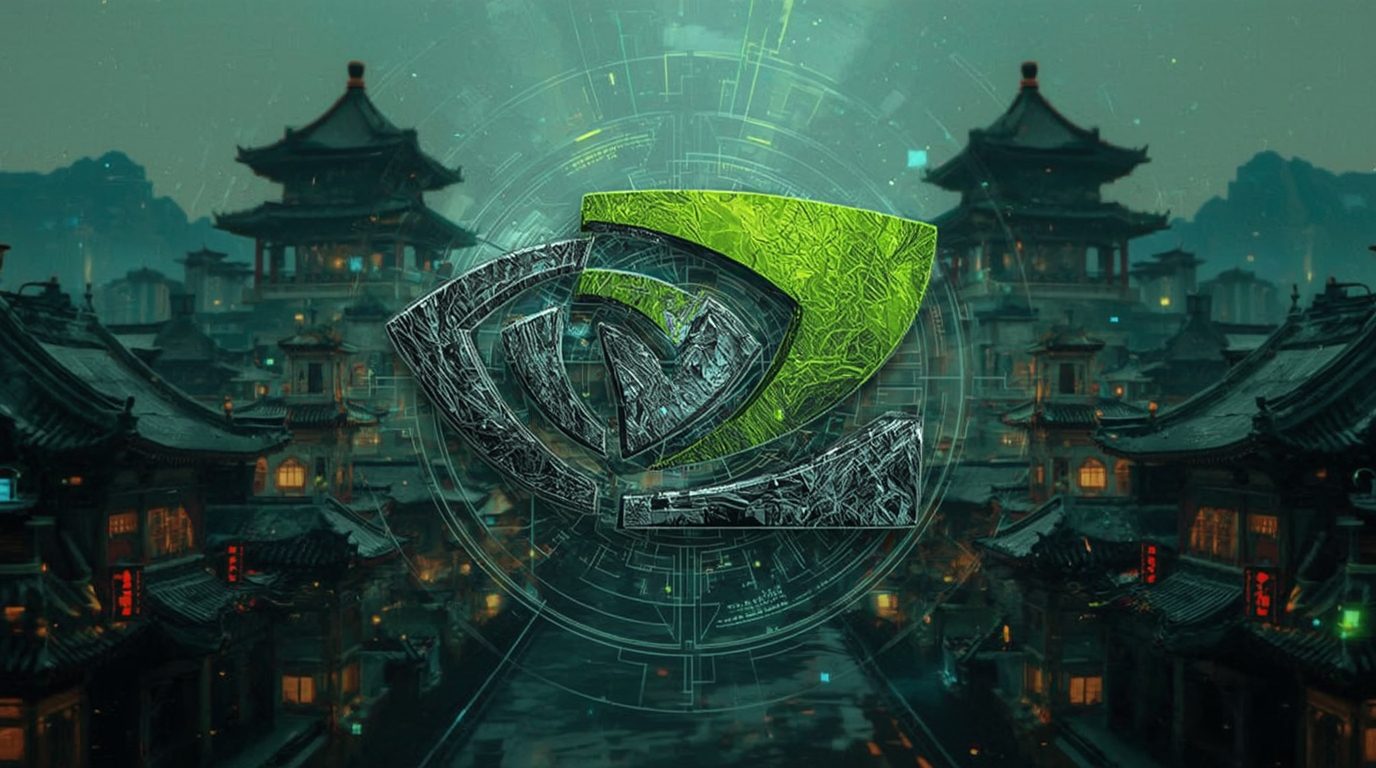Nvidia Explores AI Chip Sales to China
Nvidia CEO Jensen Huang said Friday the company is discussing with the Biden administration a new AI chip for China, even with existing export controls in place. Huang made the remarks in Taiwan while meeting with Taiwan Semiconductor Manufacturing Corp. (TSMC), the world’s leading chipmaker and Nvidia’s main manufacturing partner. The potential chip, named B30A, is intended as a successor to the H20 GPU and designed for AI workloads in Chinese data centers. Huang emphasized that any shipments would still require approval from the U.S. government.
Technical Overview of the B30A
“I’m introducing a fresh design for Chinese AI data centers that will follow the H20 step,” Huang stated. “Yet the ultimate call lies with the U.S. government. We’re talking with them right now, but it’s too early for a final answer.” The B30A is a graphics processing unit (GPU) suitable for generative AI, machine learning, and big data. It offers a middle ground in performance: roughly half the throughput of Nvidia’s high-end B300 chip, which is banned in China under U.S. national security rules. Built on Nvidia’s Blackwell architecture, the B30A gives China some AI capability while maintaining compliance with U.S. security guardrails. Huang credited the prior Trump administration for authorizing H20 sales to China after an earlier freeze, noting that a 15% levy on the transaction now flows to Washington. Rivals like AMD have faced similar levies on their MI380 GPUs.
Trade Talks and Tech Diplomacy
During recent U.S.-China trade talks, Huang highlighted eased non-tariff barriers, including China relaxing rare earth magnet rules and the U.S. lifting restrictions on jet engines and chip design tools. Huang has lobbied for H20 sales, navigating complex negotiations with both Washington and Beijing.
Security Concerns and Chinese Response
Huang asserted that H20 chips pose no security threat to the U.S., and Nvidia has communicated to Chinese regulators that there are no hidden backdoors or surveillance features. “We’ve been very explicit: H20 has no security backdoors. None exist. None ever have,” Huang said. “We trust that our answer to the Chinese government will now be the final word on the matter.” However, the Cyberspace Administration of China recently flagged “serious security issues” with Nvidia silicon, echoing U.S. concerns about possible tracking or remote shutdown features. Nvidia is cooperating with Chinese authorities to resolve the issue.
The U.S. Strategy: Limiting China’s Edge
U.S. Commerce Secretary Howard Lutnick stated that Washington aims to limit China to older chip generations: “We don’t give them our prized chips. Not our second-tier chips. Not our third-tier chips. We’ve decided we’re okay with the fourth-tier, and that’s what we’re sending.” The strategy reflects dual goals: keeping U.S. tech companies globally competitive while preventing China from acquiring cutting-edge AI technology that could support military applications.
China’s Drive for Chip Independence
China has invested heavily in domestic semiconductor and AI programs but still depends on imports for advanced chips. The B30A provides a compromise: enhancing Chinese AI capabilities while U.S. export restrictions keep the most advanced GPUs out of reach.
Taiwan’s Key Role in Chipmaking
Huang’s visit to TSMC underscores Taiwan’s centrality in the global chip supply chain. TSMC manufactures most of Nvidia’s high-end GPUs. Any disruption in Taiwan—due to conflict or natural disaster—could affect global technology supply and pricing. More on global chip supply chains
Global Stakes
- Economic: Nvidia gains access to China’s expanding AI market while adhering to U.S. regulations.
- Strategic: Lower-tier GPUs support civilian AI applications without empowering Chinese military AI development.
- Tech Diplomacy: Nvidia navigates the balance between global sales and security compliance.
Geopolitical Signaling
Authorized shipments demonstrate U.S. willingness to permit business with China while maintaining strict technology oversight. Nvidia’s approach may set a model for other chipmakers balancing profit and compliance.
Nvidia’s Perspective
China remains essential for Nvidia’s AI data-center growth. Huang emphasized that proper guardrails and transparency with regulators in both countries can allow AI progress while protecting security. “The aim is to protect security while delivering technology in a responsible way,” Huang stated.
Challenges Ahead
- Regulatory hurdles: U.S. controls may tighten amid political tensions.
- Security oversight: Both governments will scrutinize chips for vulnerabilities.
- Supply chain risks: Reliance on TSMC and Taiwanese fabs makes shipments sensitive to cross-strait tensions.
Conclusion
Nvidia’s B30A discussions highlight the intersection of technology, diplomacy, and national security. The company must navigate U.S. export controls, Chinese regulatory scrutiny, and Taiwan’s chip-making capacity—all while advancing AI technology globally. Outcomes from these talks will influence Nvidia’s market role and signal broader U.S.-China tech relations.


